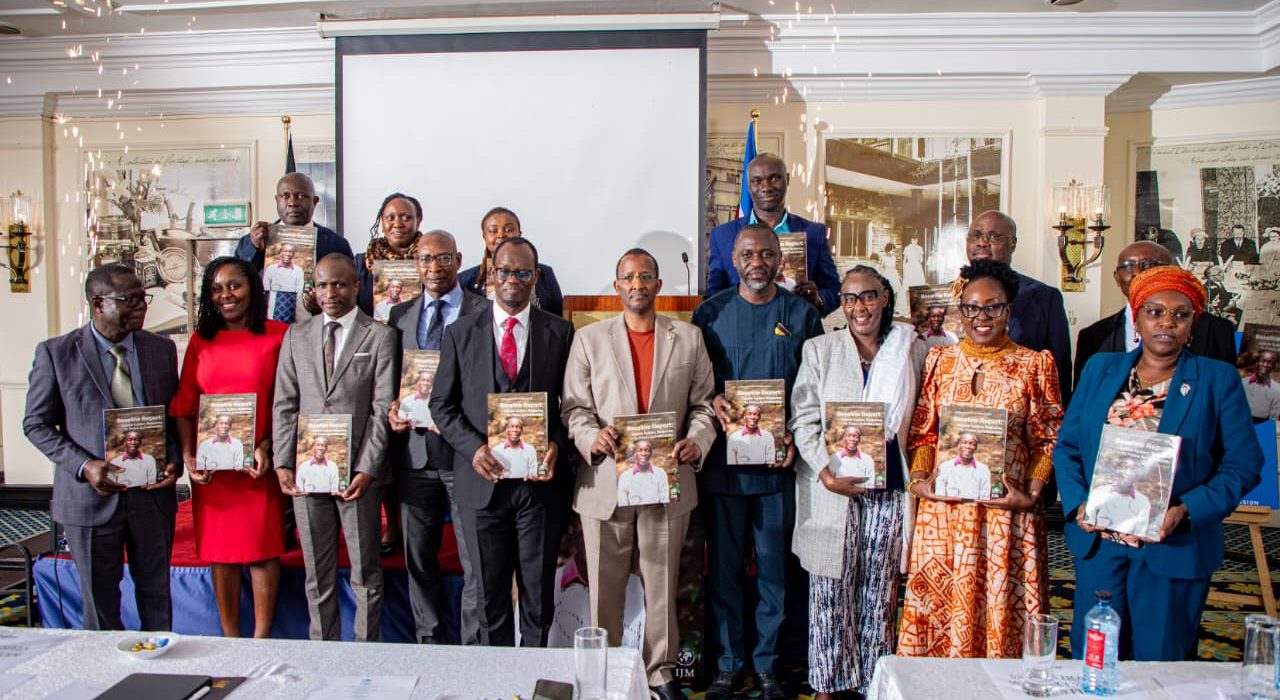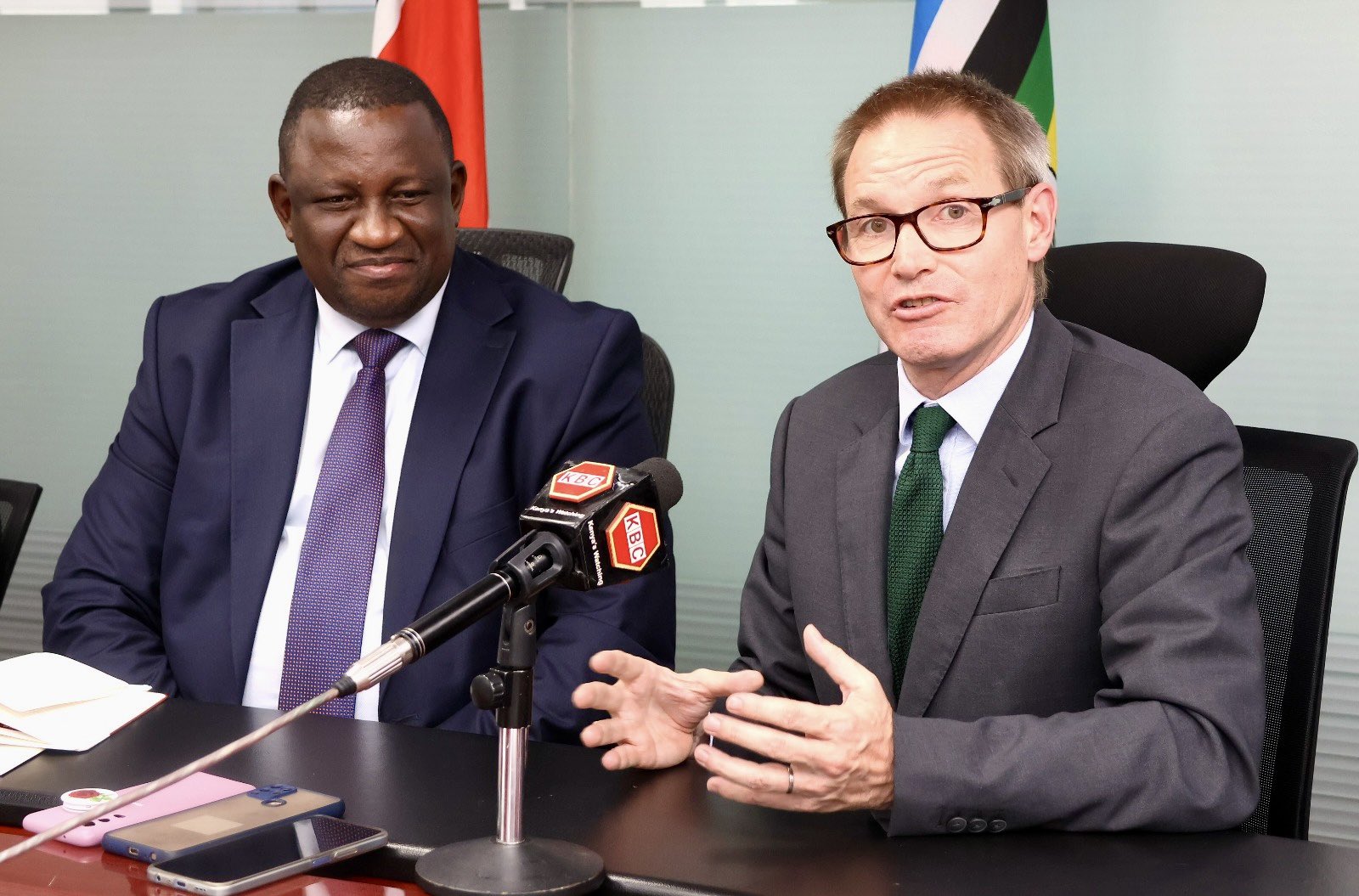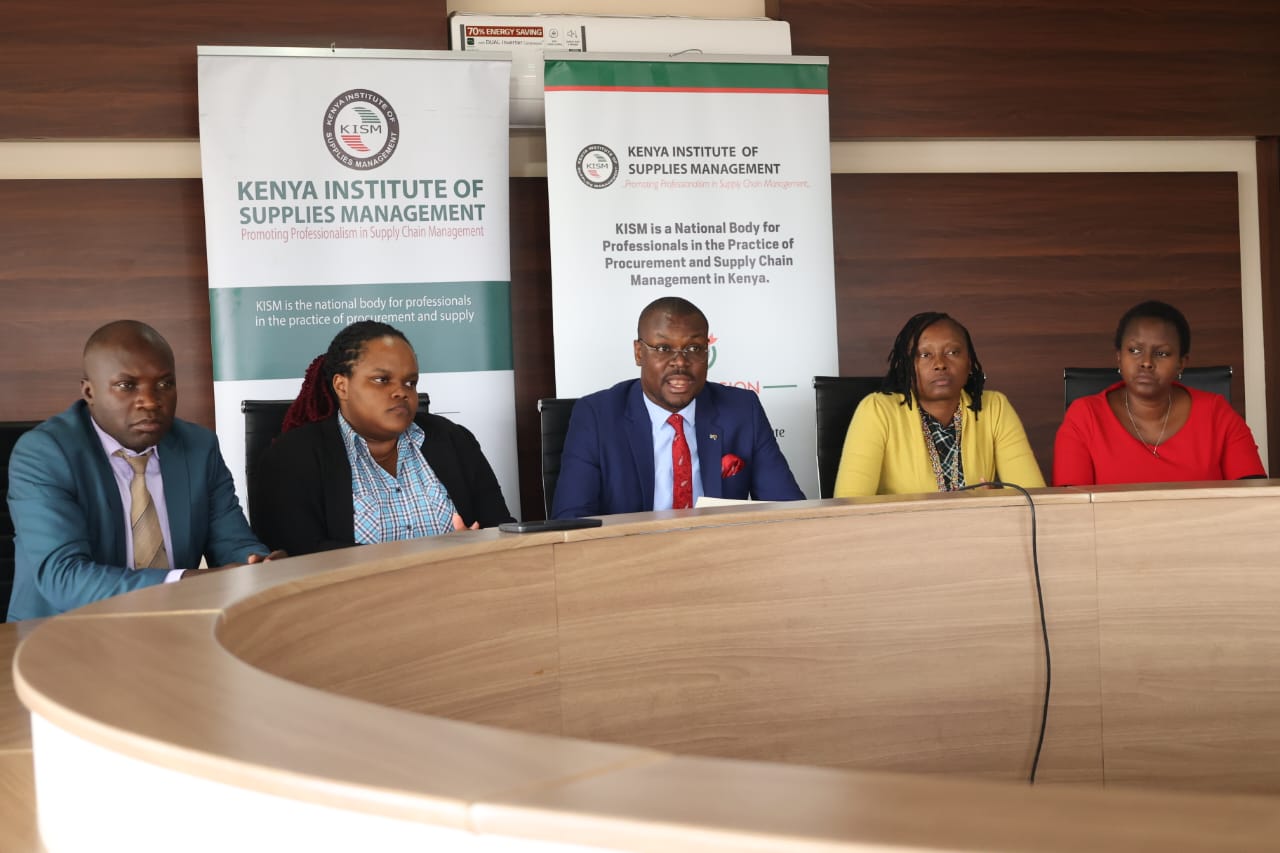By Eddah Waithaka
A sweeping new study by International Justice Mission (IJM) Kenya has exposed rampant police abuse and systemic failures within Kenya’s criminal justice system, triggering urgent calls for a radical overhaul.
The comprehensive “Baseline Report: Justice System Response to Police Accountability 2025” reveals that 43% of surveyed Kenyans experienced police abuse of power within the last two years.
The study, which gathered insights from over 5,700 participants across nine regions between January and September 2024, also found that a mere 14% of stakeholders trust the system to hold abusive officers accountable.
The report details corruption and harassment as the most common violations. Fifty-six percent of victims reported extortion, while 55% endured harassment and 15% faced wrongful detention.
Despite 70% of respondents witnessing police misconduct, a deep-seated fear of retaliation and a lack of trust prevented 63% of victims from ever reporting the incidents.
The research identifies a troubling pattern, highly educated individuals and urban residents faced the highest likelihood of abuse, while youth, informal workers, and marginalized communities bore a disproportionate burden.
When victims did report abuse, the system largely failed them. Investigations often dragged on for more than three years, conviction rates remained critically low, and witness protection proved grossly inadequate.
These findings align with a recent Missing Voices report that documented a sharp rise in extrajudicial killings and a nearly fivefold increase in enforced disappearances.
“In a year where scores of young Kenyans have already lost their lives to police brutality, this report is yet another sobering wake-up call,” said IJM Kenya Country Director Vincent Chahale.
“Police abuse, especially at this scale cannot be allowed to continue.”The report, supported by key government institutions including the Independent Policing Oversight Authority (IPOA) and the Directorate of Criminal Investigations (DCI), also outlines a clear path for reform.
IJM and survivor advocacy groups are demanding immediate action. Key recommendations include: Strengthening police training on human rights and the rule of law. Increasing funding and independence for oversight bodies like IPOA. Operationalizing the Victim Protection Trust Fund to support survivors. Investing in digital tools for anonymous reporting and case tracking. Fostering community-police dialogue to rebuild shattered trust.
Ahmed Issack Hassan, Chairperson of IPOA, acknowledged the report’s findings, citing financial and human resource constraints as significant barriers to the authority’s effectiveness.
Josephat Ongayo, Chairperson of the Kenya Champions for Justice, a survivor advocacy group, emphasized the human cost. “Survivors face intimidation, delays, and silence.
Accountability is not optional, it is the foundation of justice,” Ongayo stated. “We call on the government to strengthen oversight, ensure timely prosecutions, and protect those who speak out.”IJM Kenya affirmed its commitment to collaborative reform.
“We recognize the efforts already underway and urge continued momentum toward a justice system that protects the most vulnerable and holds perpetrators accountable,” Chahale said.
“Together, we must build a future where all Kenyans are free from police abuse.”






